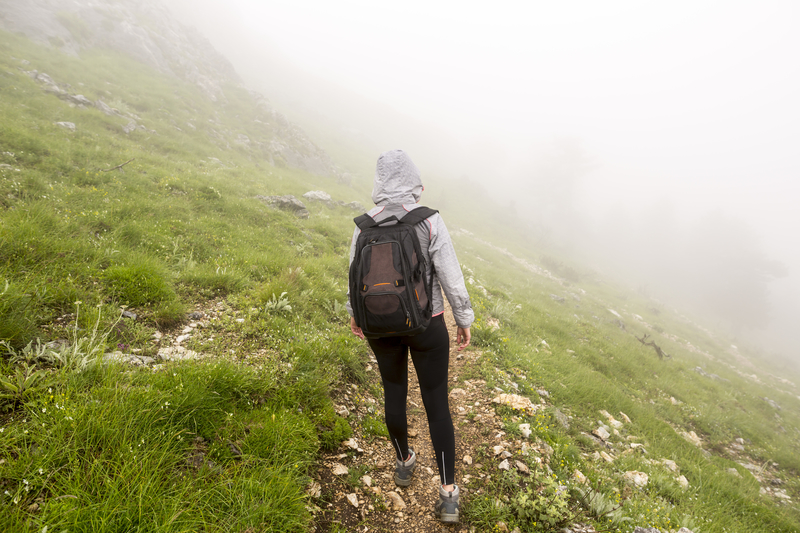If life were not a series of learning experiences, prompted by mistakes, we would not have to prepare for a survival situation.
The reality is, however, that those learning experiences help us prepare and help make us who we are; here are some survivalist lessons everyone should heed.
Don’t Blow All Your Money In The First Month – Prepping is something that should be done slowly and steadily. Oftentimes there are survival items you think you need, then later you find out there’s a better deal somewhere or that you already own a suitable substitute.
Store Plenty Of Water – Water is technically more important than food, and you’re going to go through it faster than you think.
Don’t Store Water In Old Milk Jugs – It is so tempting and it seems like a good idea at the time, but it will end in disaster. It’s hard to wash out all the milk residue which means you could end up with harmful bacteria growing in your water. Also, the plastic is not hardy and will eventually break down, creating a big mess.
Don’t Buy Food Your Family Doesn’t Eat – Finding a great deal on a case of canned spinach may seem like a great way to fill the shelves in your pantry, but if your family refuses to eat it, you will have wasted time, money, and space. It’s nice to find a great deal, but if it doesn’t fit your family, pass on it and wait for the next one.
Store More Than Just Canned Food – There is this idea that a food pantry must be loaded with canned foods and nothing else. You need to have a variety of canned, dry, and freeze-dried foods in order to diversify your diet. Otherwise, you will get bored with canned food, and all that extra sodium will be bad for your health.
Don’t Forget About Hygiene and Sanitation – Stocking up on toilet paper and soap is just as important as stocking up on food and water. You have to stay clean in order to avoid becoming sick. Getting sick during a survival situation–when hospitals are either closed or overrun–could end up killing you.
Have A Plan For Getting Home – Many people forget that disasters don’t wait for you to get home. They can also happen when you’re at work, school, or elsewhere. Do you have a plan for getting home, or a place to meet with the rest of your family?
Don’t Make Assumptions About What Will Happen – Some people just assume they’ll have to bug out, while others assume they’ll be able to bug in. But you don’t know what’s going to happen. You have to have a plan A and a plan B. Every prepper needs a backup plan to their backup plan.
Test Everything Yourself – Don’t assume your tools will work properly when you need them to. You have to try them out. Also, don’t just store several of the same tool because if that tool ends up not working for you, you might need a different type of tool.
Take Baby Steps – Some DIY projects are so big and complicated and require so much education beforehand that you really have to be patient. If you try to get it all done in just a few days, you’re going to get frustrated and burned out. Remember, lots of baby steps will quickly add up to a very long way.
The End Of The World Isn’t Tomorrow – Yes, technically it could be, but odds are it isn’t. And if you always think it is, then you’re liable to panic and make bad decisions. Be prepared, but enjoy all that life has to offer. Don’t become so focused on prepping for doomsday that you forget to enjoy what you have today. And keep in mind that doomsday might never happen.
Life is a series of mistakes we learn from and preparing for survival is no different.
The easiest way to learn from mistakes, though, is to learn from the mistakes of others.
Hopefully, this list provided you with some good information and if you have suggestions to add to it, comment below; to see more survivalist life lessons, check out the Survival Life.
